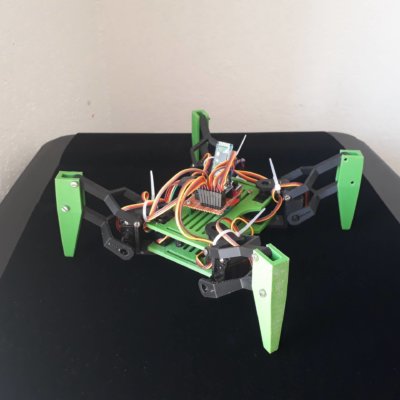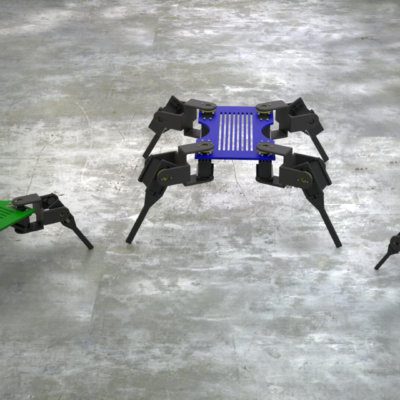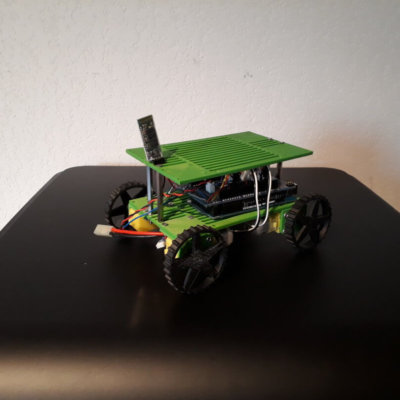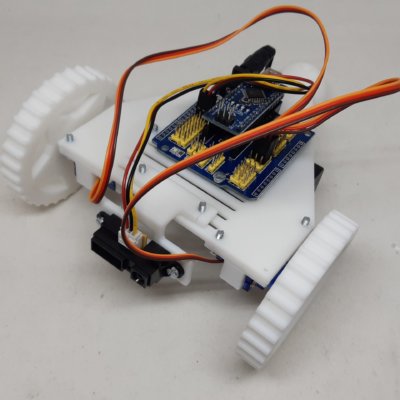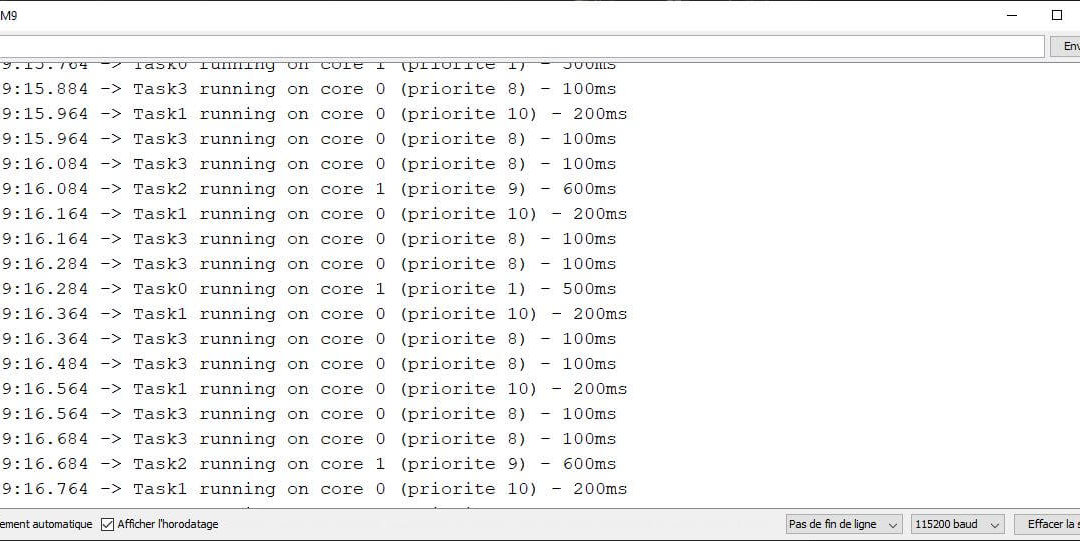
by Xukyo | 16 Feb 2024 | News
Multitasking is the ability of a microcontroller to execute several tasks or processes over the same time horizon. In practice, an Arduino cannot execute tasks in parallel, but it can arrange and execute a number of tasks one after the other in a very short space of...

by Xukyo | 12 Dec 2022 | Tutorials
, The NodeMCU ESP32 is based on the Xtensa 32-bit LX6 dual-core microprocessor that embeds the FreeRTOS OS. When using the Arduino IDE, the program runs by default on core 1. To multitask, it is interesting to use all the resources of the microprocessor. In this...
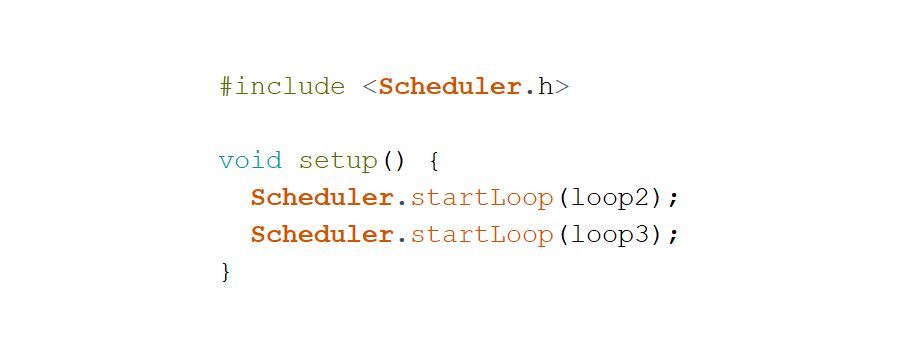
by Xukyo | 30 Jun 2022 | Tutorials
The Arduino Due board allows multitasking using the Scheduler library. It is based on an ARM Cortex-M3 microcontroller in 32 Bits with 84MHz. It is therefore much more powerful than an Arduino UNO. These characteristics allow it to create more powerful multitasking...
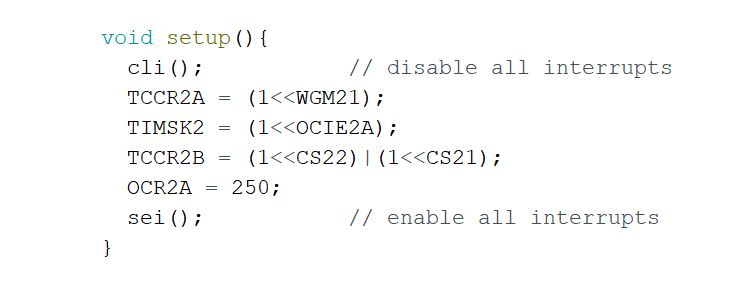
by Xukyo | 13 Apr 2022 | Tutorials
The use of timers in Arduino is an advanced method to execute code without disturbing the rest of the program. They allow to activate functions at specific time intervals. Timers are used in many libraries in a completely transparent way for the user (millis(),...

by Xukyo | 29 Mar 2022 | Tutorials
The Arduino FlexiTimer2 library is a library that allows to activate functions at regular time intervals. It allows, as such, to make multitasking programs with Arduino microcontrollers. This method is useful when you want to operate two motors in parallel...






